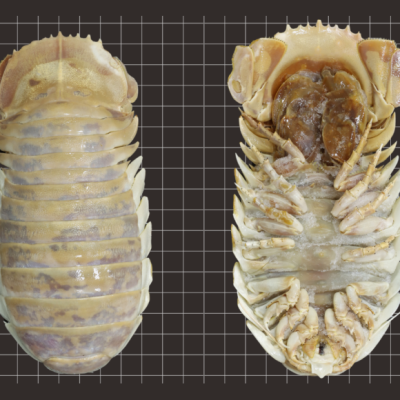Satellite images have revealed that climate change is affecting phytoplankton in global oceans, leading to changes in their color. This could make the marine CO2 sink less efficient in the coming decades. Phytoplankton are tiny organisms that form the basis of the marine food chain by converting sunlight into energy through photosynthesis. A recent study by the Massachusetts Institute of Technology (MIT) showed that climate change is altering the distribution of phytoplankton in the oceans. Researchers at the National Oceanography Centre (NOC) have now published a study showing that the altered distribution of phytoplankton is leading to changes in color in more than half (56%) of the oceans.
The study, published in the journal Nature, reveals that climate change has significantly influenced plankton communities in around half of the world’s oceans over the past 20 years. The researchers used satellite data from the Moderate Resolution Imaging Spectroradiometer (MODIS) of the National Aeronautics and Space Administration (NASA) to estimate the amount of chlorophyll, the green color of phytoplankton, in the oceans. They found that satellite data over a 20-year period was sufficient to detect climate-induced changes in the color of the oceans. The researchers hope that their work will inspire further investigations into the causes and effects of these changes.
Although changes in plankton were observed in more than half of the ocean areas, the researchers cannot yet determine what the changes mean for ecosystems. It is possible that climate change could lead to the dominance of smaller plankton species, which could reduce the ability of the oceans to store CO2. According to the latest data from the Intergovernmental Panel on Climate Change (IPCC), plankton could account for between 5% and 17% of new carbon uptake in the ocean by 2100. However, smaller plankton species may be less efficient at storing CO2, reducing the efficiency of the marine CO2 sink.










